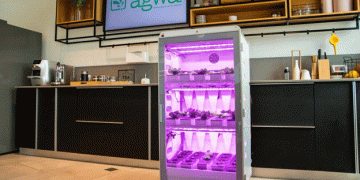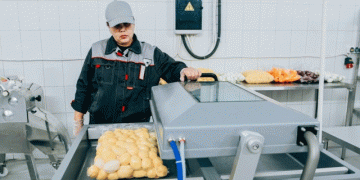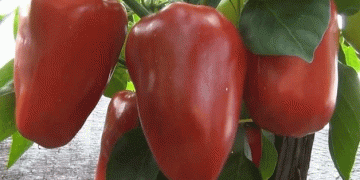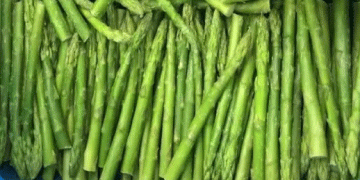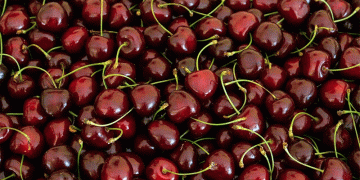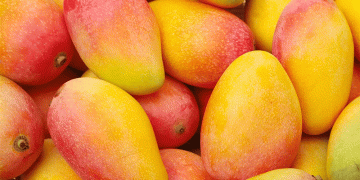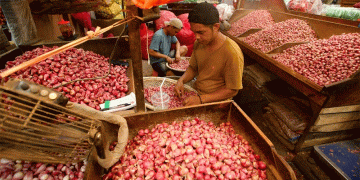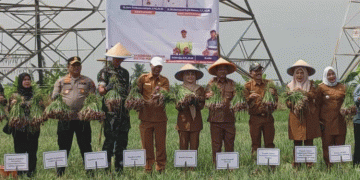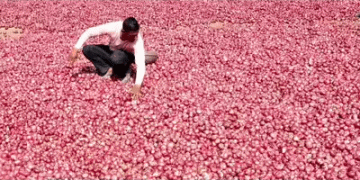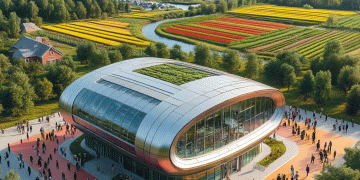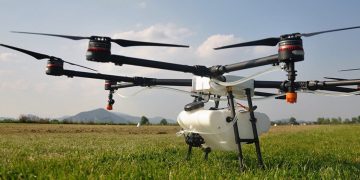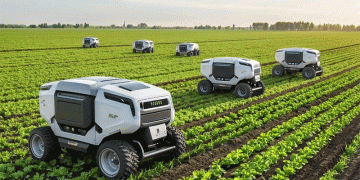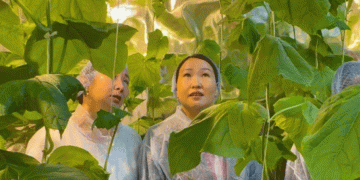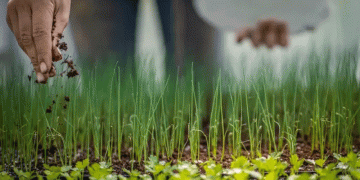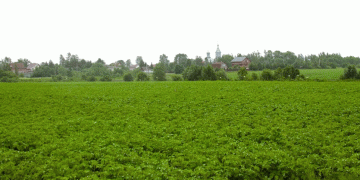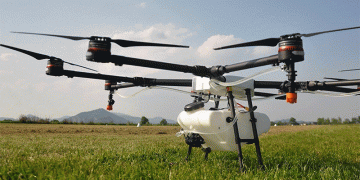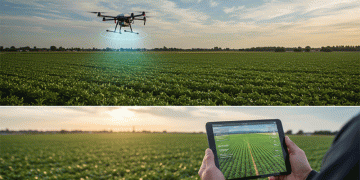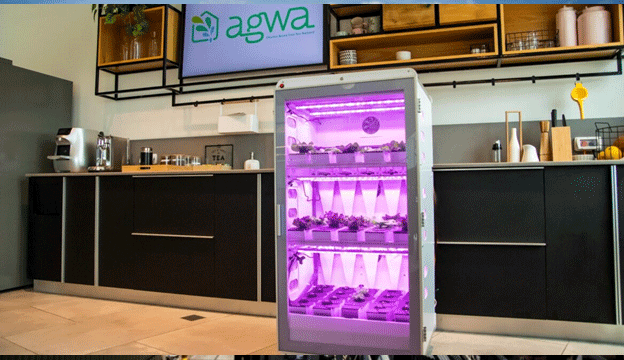AgwaFarm’s innovative device simplifies home vegetable cultivation by integrating AI technology and hydroponics, providing a sustainable and efficient way to grow fresh produce at home.
Bridging Technology and Agriculture for Home Use
AgwaFarm, based in the high-tech park Bar Lev in Upper Galilee, Israel, introduces a cutting-edge solution for home vegetable cultivation amidst rising health consciousness and sustainability concerns. Leveraging the fear and awareness triggered by the COVID-19 pandemic, AgwaFarm’s AgwaGarden offers a hassle-free approach to growing vegetables at home using hydroponics and artificial intelligence (AI).
The Genesis of AgwaFarm
Founded by Alon Wallach, AgwaFarm aims to empower individuals with the ability to grow their vegetables at home. Wallach, an agronomist educated at the Hebrew University in Rehovot, noticed a gap in the market for user-friendly home cultivation systems. Traditional home hydroponic systems often fail due to the users’ lack of time and knowledge to manage them effectively. The AgwaGarden addresses these challenges with its all-in-one design, ensuring even those with no prior gardening experience can successfully grow fresh produce.
The AgwaGarden: A Technological Marvel
The AgwaGarden, approximately the size of a small wine fridge, features 59 slots for seed capsules, each capable of growing a variety of vegetables, such as tomatoes, lettuce, cucumbers, and even strawberries. The unit is equipped with LED lights, high-resolution cameras, and sensors, all controlled via an app connected through Wi-Fi. This integration of AI technology automates the process of monitoring and adjusting temperature, pH levels, light, and humidity, ensuring optimal growing conditions.
According to Wallach, a standard AgwaGarden can produce enough vegetables for a small family, providing fresh salads three to four times a week. The app notifies users when it is time to harvest, specifying which pod is ready, thus simplifying the entire cultivation process.
Sustainable and Efficient Farming
AgwaFarm’s hydroponic system eliminates the need for pesticides and reduces the reliance on plastic and fuel-consuming transportation. This approach not only ensures that the vegetables retain their nutrients but also aligns with the sustainable farming practices increasingly demanded by consumers. The AI-driven system enhances water efficiency, making the growing process significantly more sustainable than traditional soil-based methods.
The collected data from each AgwaGarden unit is used to continuously improve the company’s plant database, enabling better decision-making for future cultivation needs. This feedback loop ensures that the system becomes more efficient and effective over time.
Challenges and Future Directions
The development of AgwaGarden was not without its challenges. Wallach and his co-founder Niv Stolarski had to navigate geographical distances and technical hurdles to bring their vision to life. Initially conceptualized as an outdoor product, AgwaGarden evolved into an indoor unit that promises greater impact and convenience for users.
Currently, AgwaFarm is conducting pilot trials in Israel with plans to launch in the USA by June 2022. While the units are built in Israel, Wallach anticipates moving production closer to target markets as the company expands.
AgwaFarm faces competition from other startups like Gardyn in the USA and Hydi.io in Israel, both offering AI-based home cultivation systems. However, AgwaFarm distinguishes itself with a robust selection of seed pods and a comprehensive approach to user support, including monthly subscriptions for new seed capsules and technical assistance.
AgwaFarm’s AgwaGarden represents a significant advancement in home vegetable cultivation, merging technology with agriculture to offer a sustainable, efficient, and user-friendly solution. By enabling individuals to grow their fresh produce, AgwaFarm not only promotes self-sufficiency but also contributes to broader sustainability goals. As the demand for home-grown vegetables increases, innovations like AgwaGarden are poised to play a crucial role in shaping the future of urban agriculture.
